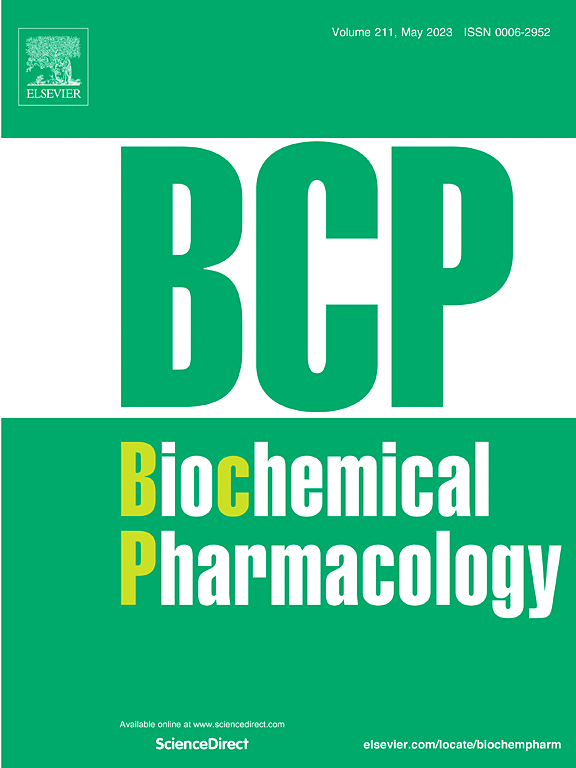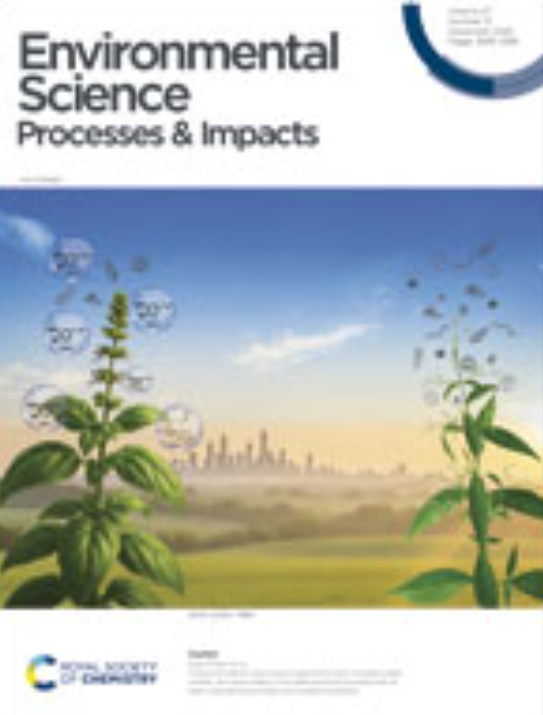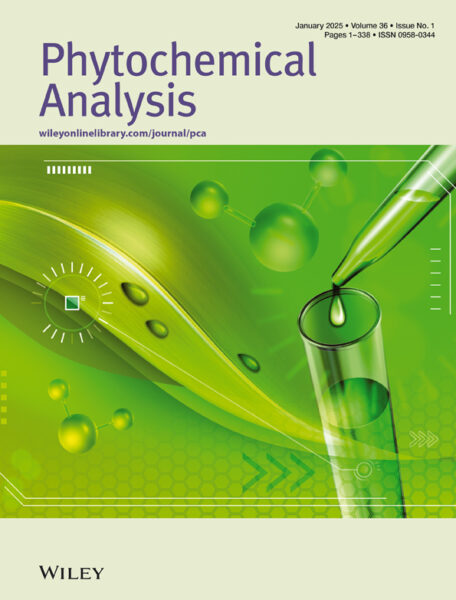Abstract
This study examines the conservation of ethylene response mechanisms in cannabis seedlings, expanding on evidence of ethylene’s influence in mature plants, particularly sexual plasticity. Using hemp and drug-type seedlings, we observed a unique triple-response-like phenotype under dark conditions with ethephon treatment, characterized by hypocotyl and radicle shortening alongside hypocotyl thickening. Employing a novel ethephon-based assay, this research circumvents the challenges of gaseous ethylene, enabling more accessible investigation of ethylene sensitivity in early development. Results showed high responsiveness to low ethephon concentrations (125–500 mg/L), unlike prior findings in mature plants, while silver thiosulfate (1–3 mmol/L) consistently reversed ethylene effects, supporting the conservation of ethylene signaling pathways across genetic backgrounds. Interestingly, the absence of an exaggerated apical hook in treated seedlings suggests unique regulatory adjustments in achene-bearing plants. This study advances our understanding of ethylene signaling in early cannabis development and provides a foundation for future research on ethylene’s role in developmental processes, including sexual plasticity.




